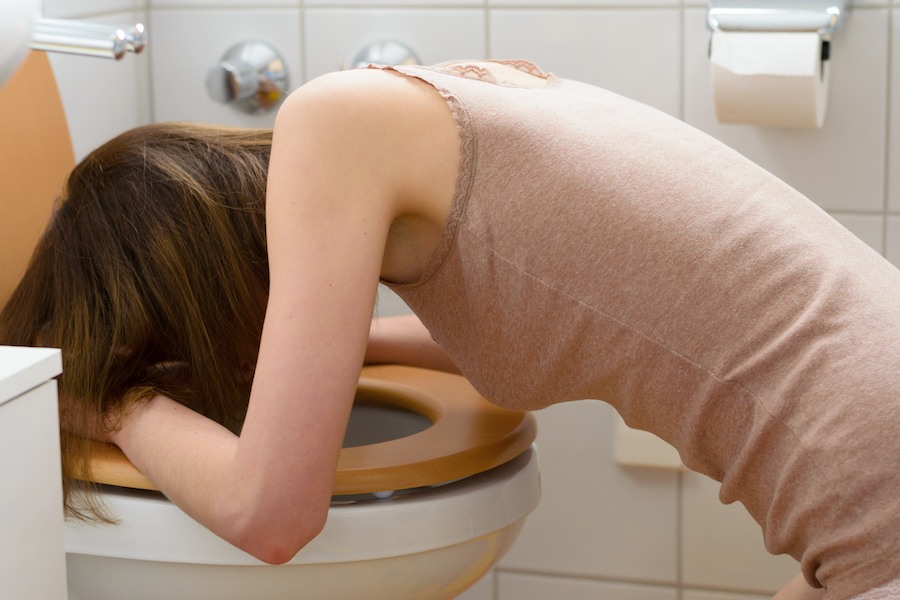Ask the Editor: What Should I Do If I Think a Restaurant Gave Me Food Poisoning?
The answer is probably not as clear cut as you think.
Without getting into specifics, I’m pretty sure I got food poisoning from a restaurant I ate at a few days ago. What’s the protocol?
— Sam from South Philly
That’s some bad luck. Sorry to hear it.
What’s worse is that there’s very little you can do about it other than go to the doctor if your symptoms worsen.
The problem with foodborne illnesses is that they’re pretty hard to pin down — even though, according to the Center for Disease Control and Prevention, one in six Americans get sick from eating contaminated food every year. (Zoom in a little closer on that stat and you’ll find that’s roughly 48 million Americans getting sick, with 128,000 of them being hospitalized and 3,000 of them dying from a food-borne illness. Scary stuff, I know.)
It’s just that not all cases of food poisoning look the same.
According to Rutgers University professor and a food safety expert Donald Schaffner, food poisoning symptoms can differ from person to person, varying in intensity from immune system to immune system, and, depending on the bacteria or virus, or even the “dosage” (meaning the quantity of the contaminated food you ate), the “incubation period” (the time it takes for symptoms to show up) can range from immediately upon consumption to several weeks after your meal. “Most people think they got it from the last thing they ate, but that’s not necessarily true,” says Schaffner.
And it’s because of all these variables that you’ll find it difficult to place blame on any certain food you ate or kitchen that made it, as much closure as that might give you.
“It’s rare that you’ll find any sort of ‘smoking gun’ evidence when it comes to this stuff,” says Schaffner. For the health department to track down a foodborne illness spreading from a single spot, a person experiencing symptoms must actually go to their doctor (which nobody wants to do), and then provide the doctor with a sample of the bacteria (which nobody wants to do). The doctor is required to report your case to the Department of Public Health. But one case of food poisoning from a single person isn’t always enough, so everybody else who got sick at the restaurant has to visit their doctors as well, and their doctors need to report their symptoms to the Health Department (which is exactly what happened in 2015 when nearly 100 lawyers and law students were sickened at Chinatown’s Joy Tsin Lau). Once the Health Department sees a pattern — the same strain of bacteria coming from the same place — they’ll send someone to investigate. Health Department spokesperson James Garrow tells me, “We take foodborne illness cases as seriously as we do measles, rabies, polio or the plague.”
If your symptoms are manageable at home and don’t require any follow-up medical care, you can call the Office of Food Protection directly at 215-685-7495. This number can be used for any complaints about food businesses.
Of course, you’ll probably want to call the restaurant directly and yell at the poor host who picks up the phone. You can. It’s probably cathartic, but it won’t really do you any good.




